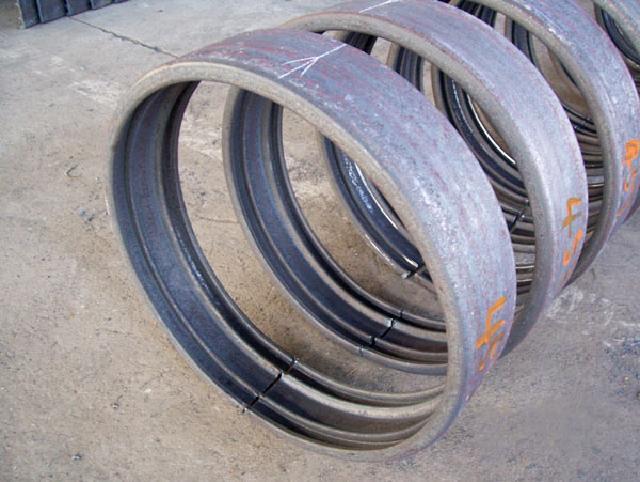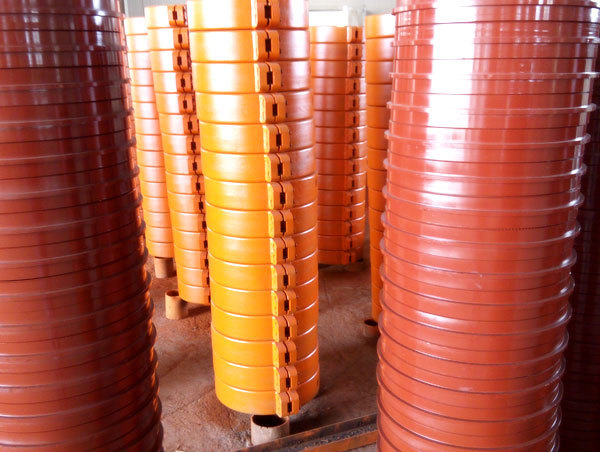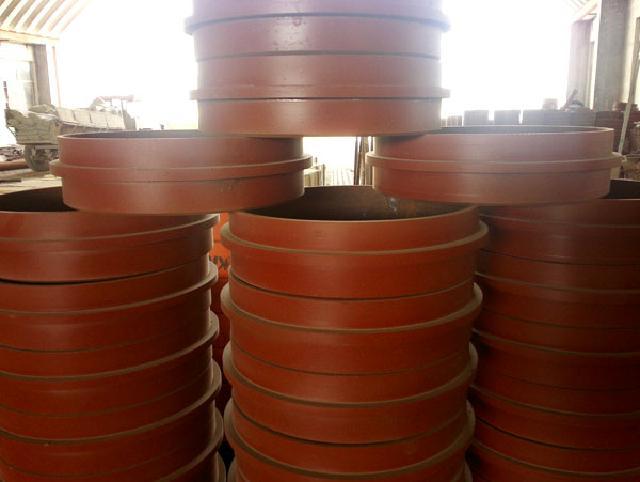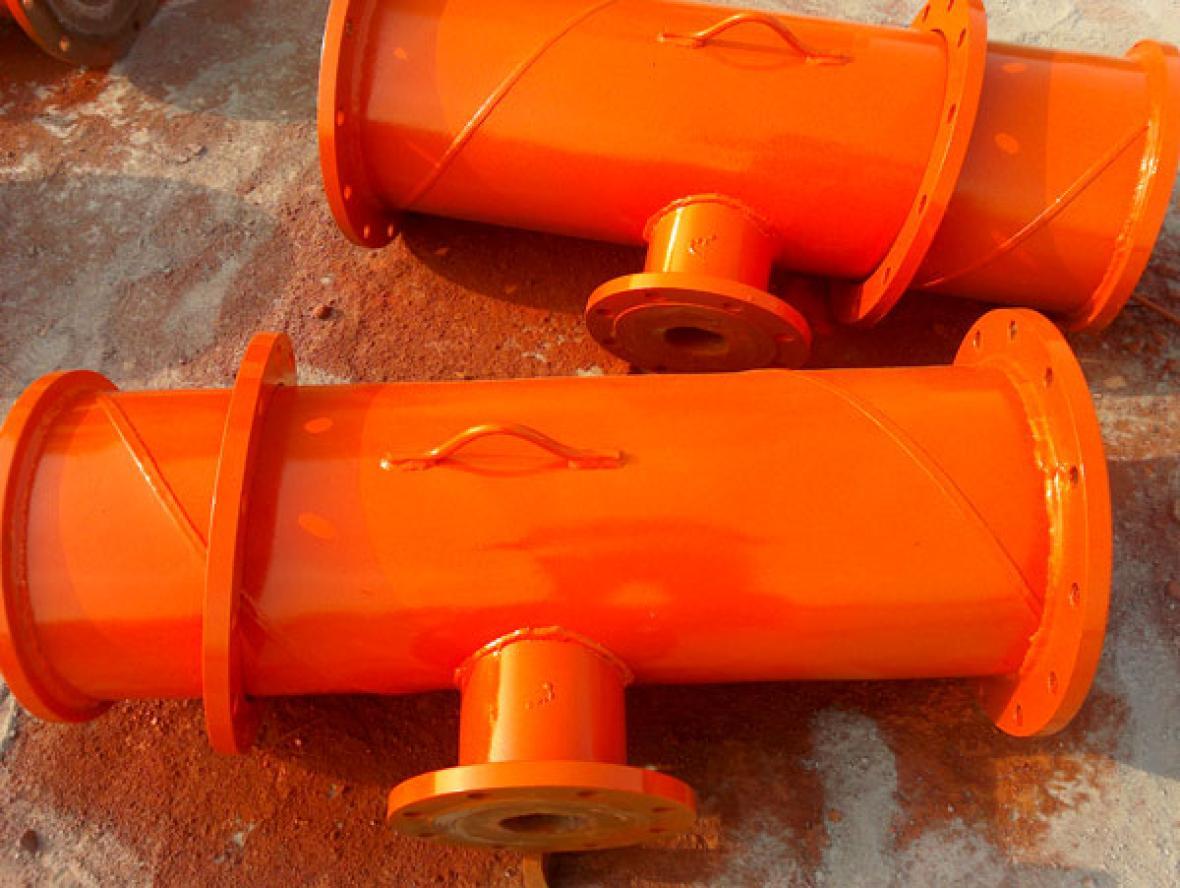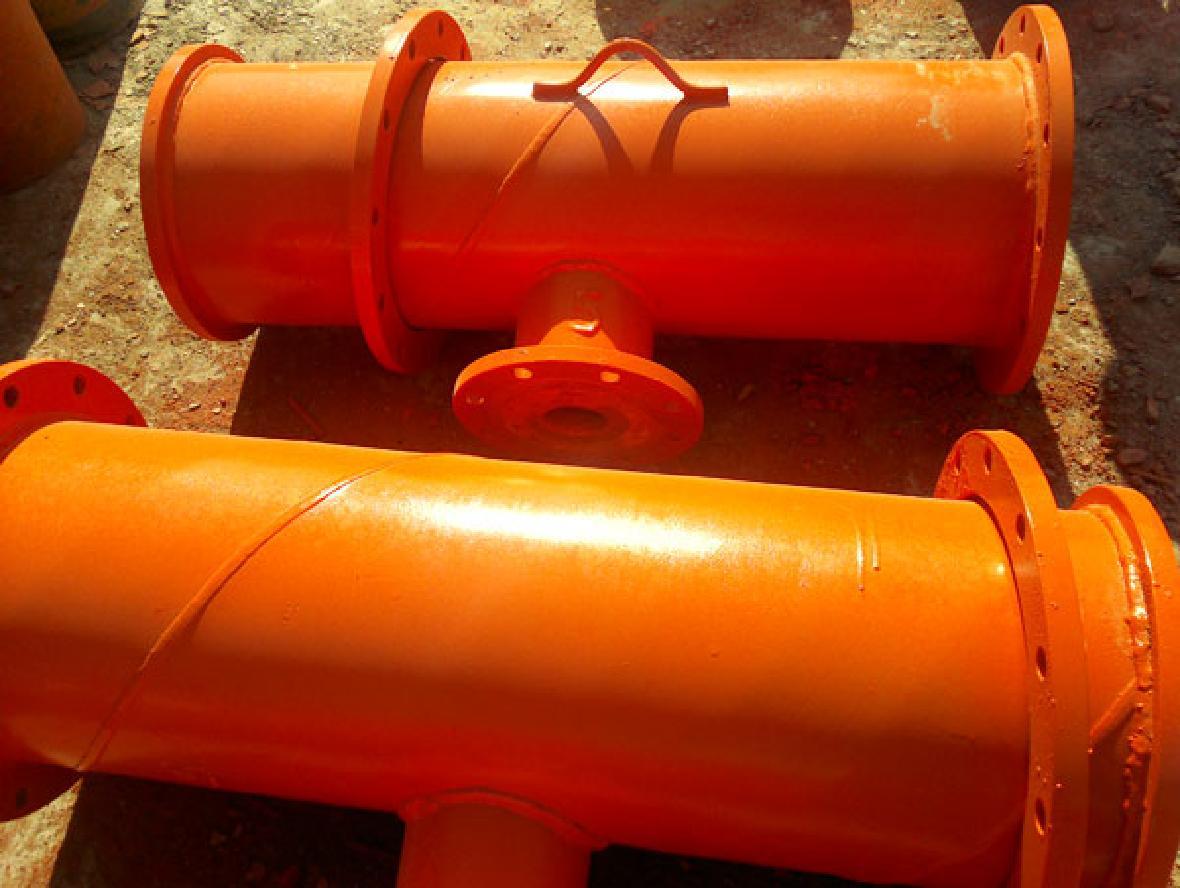Product classification


Cast stone powder and clay
Classification:
Key words:
Cast stone
- 详情介绍
-
Cast stone powder is made from crystallized cast stone after crushing and screening. Has high wear resistance and corrosion resistance. It is mixed with cast stone sand and cast stone aggregates and can be tamped with binders such as furan resin and unsaturated resin to form wear-resistant and anti-corrosion concrete, which not only has the wear-resistant and anti-corrosion properties of cast stone, but also has good impact resistance, toughness and High mechanical strength. According to the needs of customers, various types of clay are produced using cast stone powder as raw material. Such as sodium water glass cement, epoxy resin cement, furan cement, etc.
Common specifications of cast stone powder: 80 mesh-200 mesh.1. Furan resin clay
Furan resin is a general name for resins produced from furfuryl alcohol and furfural with furan rings as raw materials. Furan resin clay is prepared from furan resin and clay powder. Furan cement has good bonding effect, long-term temperature curing, and is easy to construct. After hardening, furan cement has excellent acid resistance, alkali resistance, and acid-alkali resistance. It is mainly used for masonry and hooking of wear-resistant linings in power plants, coking plants, etc. seams, as well as various reactors, storage tanks, wastewater treatment, waste acid and other recycling projects in chemical plants.1. Material preparation
The quality requirements of furan resin cement raw materials should meet the following regulations:
(1) Furan resin clay should be prepared from furan resin and clay powder.
(2) Furan resin is a brown or brown-red viscous liquid. Furan resin clay powder is gray powder with qualified volume stability and curing time (20-25℃) should not exceed 12 hours.2. Construction temperature
The construction temperature should be 15-20℃, and the relative humidity should not be greater than 80%. When the ambient temperature is below 10°C, heating and insulation measures should be taken, but direct heating by open flame or steam is not allowed.3. Grassroots treatment
Furan resin cement must not be in direct contact with the concrete base and steel structure base, and an isolation layer should be set up.
Under normal circumstances, furan resin is used for coating epoxy primer, mainly to increase the bonding force between the plate and the base layer or to prevent the formation of new rust on the metal base layer. Furan resin materials mostly use acidic curing agents and cannot directly contact steel and concrete base layers. Because epoxy resin is easy to construct and does not contain acid, epoxy primer is used.4. Stirring method
Furan resin clay should be mixed mechanically, but manual mixing can also be used when the dosage is not large. When preparing furan resin, the furan resin should be prepared according to the prescribed ratio. Weigh the furan resin, gradually add clay powder while stirring, and stir thoroughly until there is no dry powder. It can be used after mixing for one minute. The amount of each preparation should be used within 45 minutes. It is advisable to complete the process. It is strictly forbidden to add furan resin to the prepared cement during construction. If agglomeration and caking are found, it must not be used further.5. Use and maintenance
The curing period of furan cement: natural curing in the air with a temperature above 15°C. The curing period for ground construction is 168 hours, and the curing period for storage tanks is 360 hours. It can be used only after the curing period expires. If used too early, the bonding strength or tensile strength will be reduced. Strength and service life will be reduced accordingly.2. Water glass cement
Water glass anti-corrosion materials are acid-resistant materials composed of water glass (sodium water glass or potassium water glass) as a cementing material, sodium fluorosilicate as a curing agent, and acid-resistant fillers and other ingredients. Water glass cement materials mainly include two categories: sodium water glass cement and potassium water glass cement. The components made of it have high strength, good wear resistance, and can withstand the corrosion of strong acid and alkali. It is a stereotyped industrial anti-corrosion material. It is widely used in chemical industry, metallurgy, electric power, mining, construction, textile and other industrial sectors.1. Introduction and performance
1)Sodium water glass cement
Sodium water glass cement is formulated with sodium water glass, curing agent and acid-resistant powder in a certain proportion. It has good acid resistance, physical and mechanical properties and thermal stability. It has good bonding strength with some inorganic materials such as cast stone slabs, microcrystalline slabs, acid-resistant ceramic tiles, granite, etc. It can be used in high temperature environments of 300°C, and its expansion coefficient is close to that of steel plates. It is easy to construct, solidifies at room temperature, rich in raw materials and low in price.
Sodium water glass physical propertiesDensity(g/cm3)
1.9-2.1
Compressive strength(Pa)
≥15
Tensile strength (Pa)
≥2.5
Bonding strength/MPa ≥1.0
Water absorption rate (%)
≤15
Impermeability grade/MPa ≥1.2
2) Potassium water glass cement
Potassium silicate glass cement is a silicate-type acid-resistant and heat-resistant material formulated with potash silicate as the cementing material, condensed aluminum phosphate as the curing agent, silicon-aluminum oxide as acid-resistant and heat-resistant powder and aggregate, and a small amount of auxiliary materials. . At present, the main varieties are potassium water glass cement, potassium water glass mortar and potassium water glass concrete. The commonly used product model is KP1 type. Now it is widely used in anti-corrosion projects such as reactors, storage tanks, electrolyzers, pickling tanks, chimneys, flues, floors, floors, silo linings, sewage equipment and other anti-corrosion projects, and has achieved good results. Physical properties of potassium water glassProject
Potassium silicate glass cement
Density(g/cm3)
1.9-2.1
Compressive strength(Pa)
≥ 20
Tensile strength(Pa)
≥2.5
Bonding strength/MPa
≥1.0
Water absorption rate (%)
≤10
2. Configure stirring
(1) Mechanical mixing: According to the specified proportion, first add the powder and sodium fluorosilicate into the forced concrete mixer, dry and stir evenly, then add water glass and wet stir until uniform.
(2) Manual stirring: The powder and sodium fluorosilicate should be mixed according to the specified proportion, dry and stir evenly, then add water glass and wet stir until uniform.3. Construction temperature
The ambient temperature for anti-corrosion and wear-resistant engineering construction of sodium silicate cement should be 15 to 30°C, which is relatively
Humidity should not be greater than 80%. When the construction environment is lower than 10℃, heating and insulation measures should be taken.4. Use and maintenance
When the temperature is above 10-20°C, the natural curing period in the air is 10 days. The maintenance period for ground construction is 10 days. The maintenance period for storage tanks is 12 days. The maintenance period for silos off the ground is 14 days. When the temperature is 20-35°C, the natural curing period in the air can be shortened. one third. After the curing period, the final tensile strength can be reached. If used too early, the bond strength or tensile strength will be reduced, and the service life will be reduced. Direct contact with water vapor is strictly prohibited during construction and maintenance.3. Epoxy resin cement
Epoxy resin cement is a polymer molecule-modified polymer waterproof and anti-corrosion material. Epoxy resin cement has durability, impermeability, compactness and extremely high bonding strength as well as strong waterproof and anti-corrosion effects. It can withstand the corrosion of soda ash production medium, urea, ammonium nitrate, seawater hydrochloric acid and acid and alkali salts. It can be used for the treatment of building walls and floors and the waterproofing layer of underground projects.1. Material preparation
(1) EP 01451-310 and EP 041551-310 epoxy resin should be used as adhesive.
(2) Preparation of cement: A certain amount of epoxy resin should be weighed in a container according to the proportion. If the epoxy resin has a large consistency, it can be heated by water-soluble method or oven. Then add the toughening agent and diluent and shake well, then add the curing agent and stir thoroughly, and finally add the filler and stir evenly. The prepared clay should generally be used up within 40 minutes from the time the curing agent is added, and can be used as needed.2. Construction temperature
The construction environment temperature should be 12-25℃, and the relative humidity should not be greater than 80%. When the construction environment temperature is lower than 10°C, heating and insulation measures should be taken, and direct heating with open flame or steam is not allowed.3. Technical parameters
Project standards
Epoxy resin cement
Density(g/cm3)
1.4-2.0
Compressive strength(Pa)
≥80
Tensile strength(Pa)
≥9
Bonding strength/MPa
≥1.5
Shrinkage(%)
≤0.2
4. Storage requirements:
Epoxy resin curing agent, diluent and other materials should be sealed and stored in a cool, dry and ventilated place, and should be protected from fire and exposure to sunlight.
Please contact us in time to get your exclusive offer


